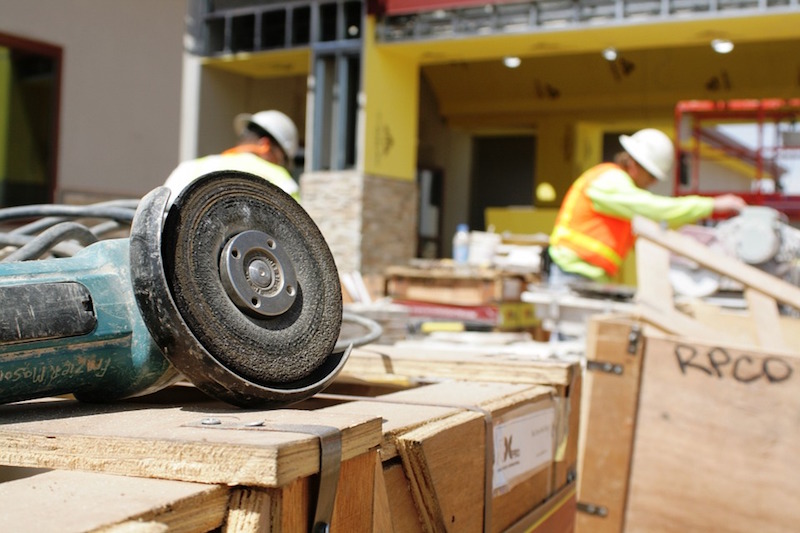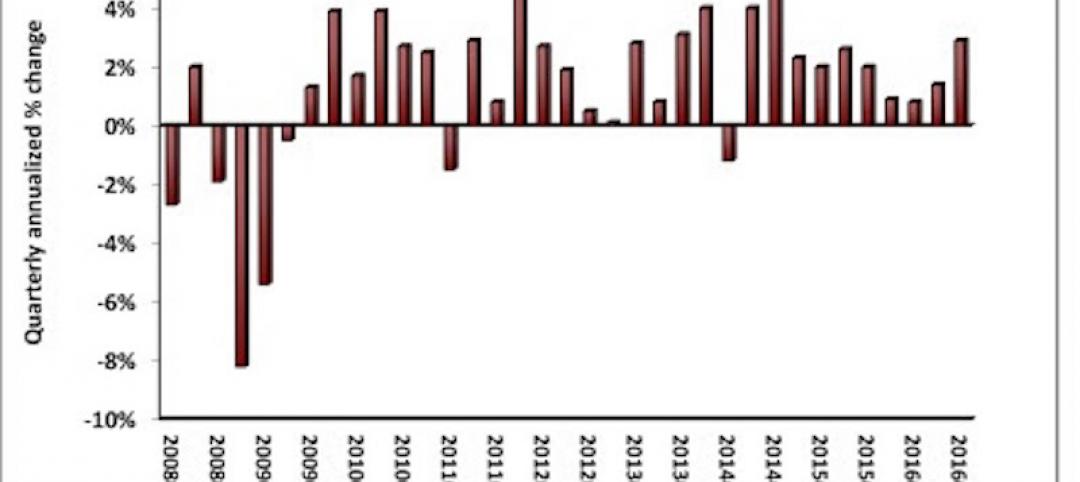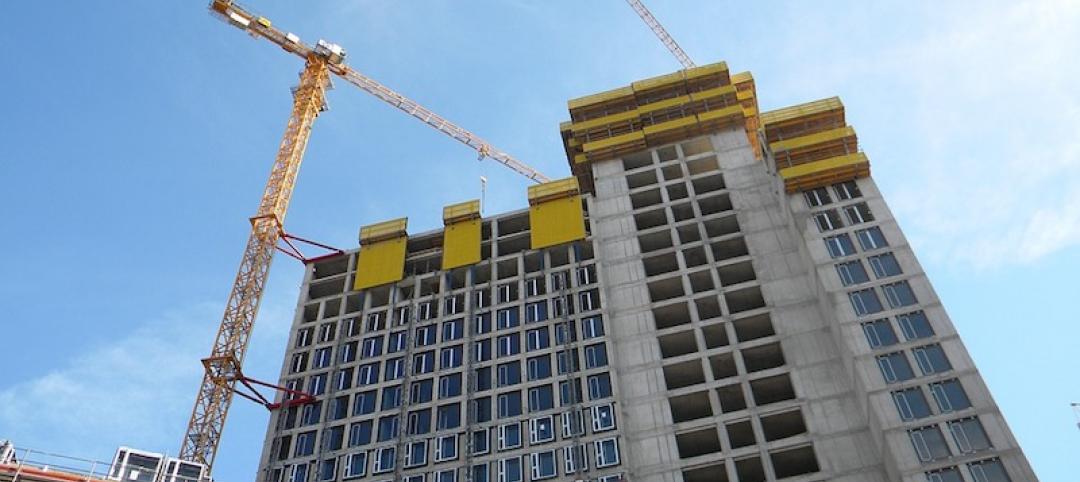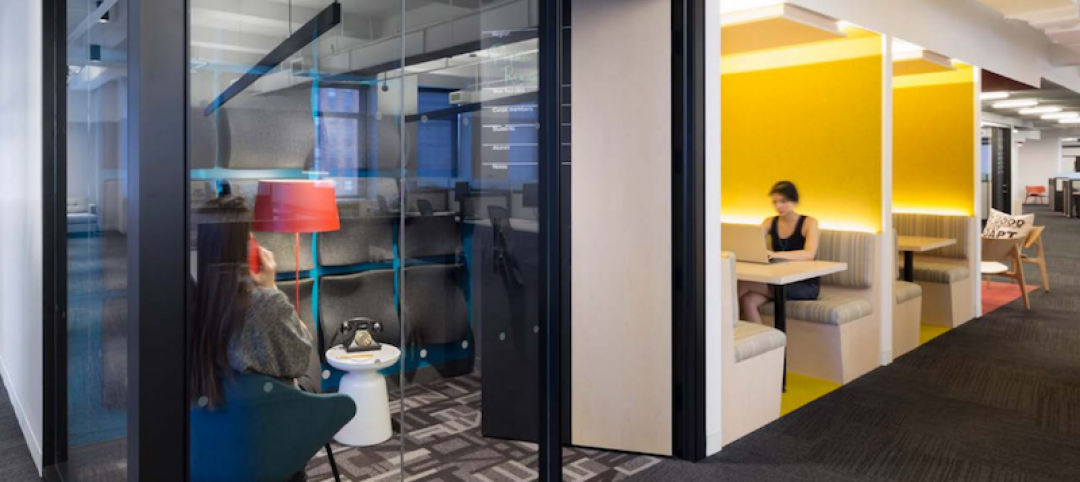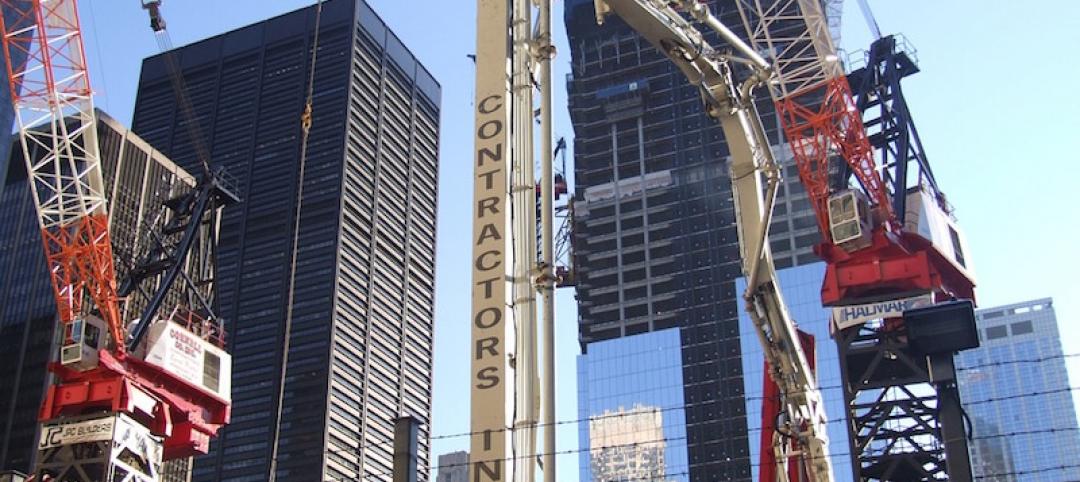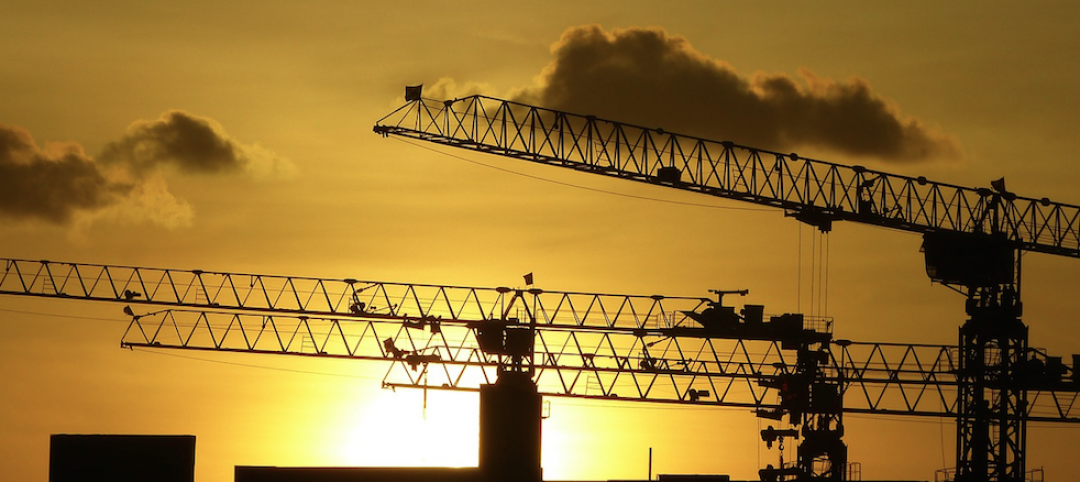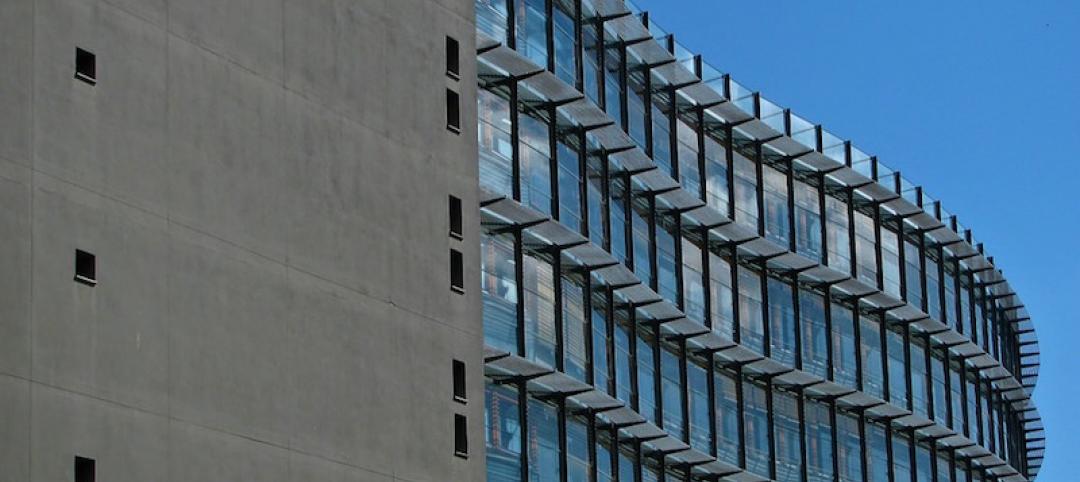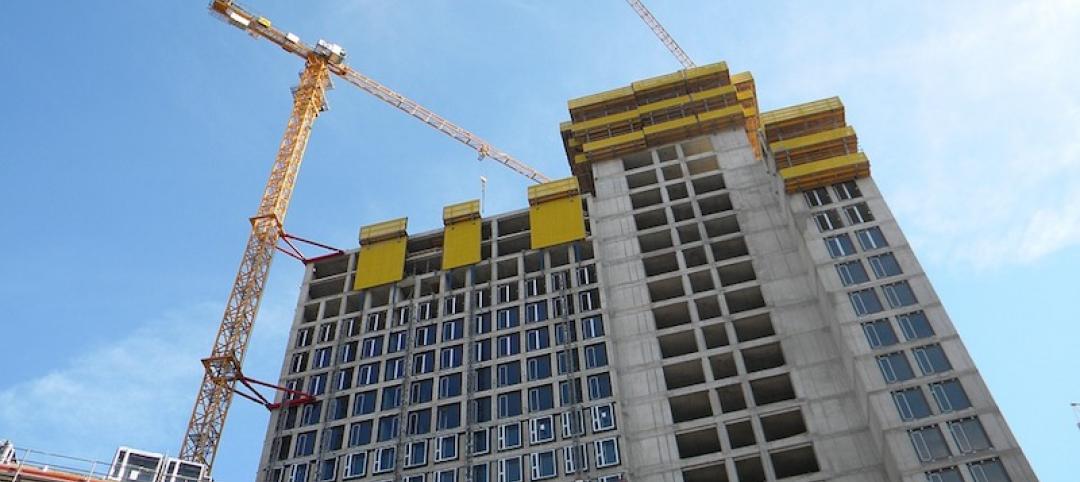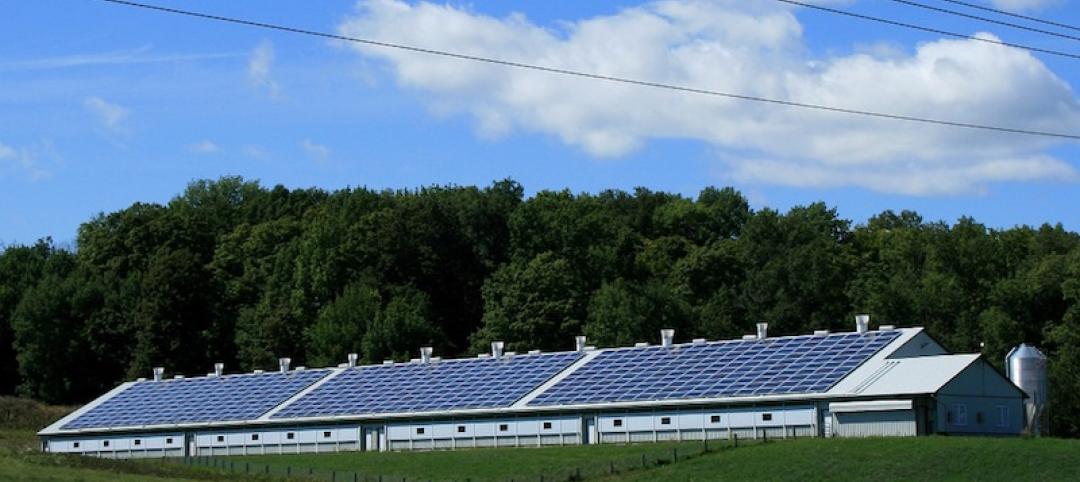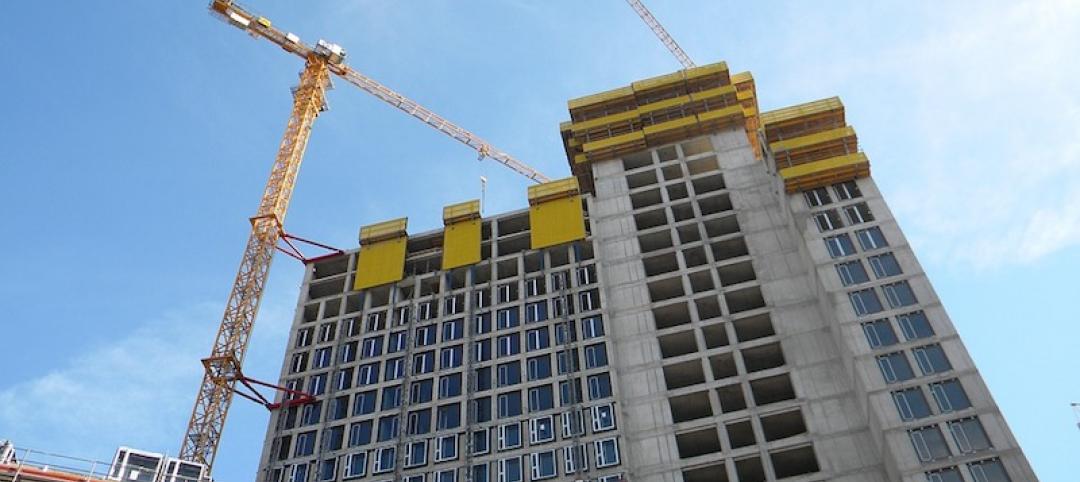Survey results released by the Associated General Contractors of America and Sage Construction and Real Estate show 73% of the nearly 1,300 construction firms polled plan to expand their payrolls in 2017. Most firms will only see modest expansions, though, as 66% reported their planned hiring will increase total headcount between 1% and 25%. 6% of firms reported they plan on increasing their headcount more than 25% this year.
However, 73% of firms also reported that they are having difficulty finding qualified workers and 76% of respondents predict labor conditions will remain the same or get worse over the next 12 months.
Despite the concerns of the labor market, 46% of responding firms said they expect a higher dollar volume of projects in 2017 compared to 2016 while just 9% expect a lower volume. This provides a net positive reading of 36%
Contractors had a positive outlook for all 13 market sectors included in the survey, but the hospital and retail market and warehouse and lodging market had the highest net positive reading at 23% each.
Only the multifamily residential sector saw contractors less optimistic about 2017 than they were about 2016 with an 11% net positive reading in 2017 compared to 14% in 2016.
Of the 28 states that had large enough survey sample sizes, Massachusetts’ firms appear to be the most optimistic when it comes to increasing their headcounts as 94% plan to expand their payrolls in 2017, more than any other state. Conversely, 45% of firms in Illinois plan to reduce headcount in 2017,also more than any other state.
For the full survey results, click here.
Related Stories
Market Data | Oct 31, 2016
Nonresidential fixed investment expands again during solid third quarter
The acceleration in real GDP growth was driven by a combination of factors, including an upturn in exports, a smaller decrease in state and local government spending and an upturn in federal government spending, says ABC Chief Economist Anirban Basu.
Market Data | Oct 28, 2016
U.S. construction solid and stable in Q3 of 2016; Presidential election seen as influence on industry for 2017
Rider Levett Bucknall’s Third Quarter 2016 USA Construction Cost Report puts the complete spectrum of construction sectors and markets in perspective as it assesses the current state of the industry.
Industry Research | Oct 25, 2016
New HOK/CoreNet Global report explores impact of coworking on corporate real rstate
“Although coworking space makes up less than one percent of the world’s office space, it represents an important workforce trend and highlights the strong desire of today’s employees to have workplace choices, community and flexibility,” says Kay Sargent, Director of WorkPlace at HOK.
Market Data | Oct 24, 2016
New construction starts in 2017 to increase 5% to $713 billion
Dodge Outlook Report predicts moderate growth for most project types – single family housing, commercial and institutional building, and public works, while multifamily housing levels off and electric utilities/gas plants decline.
High-rise Construction | Oct 21, 2016
The world’s 100 tallest buildings: Which architects have designed the most?
Two firms stand well above the others when it comes to the number of tall buildings they have designed.
Market Data | Oct 19, 2016
Architecture Billings Index slips consecutive months for first time since 2012
“This recent backslide should act as a warning signal,” said AIA Chief Economist, Kermit Baker.
Market Data | Oct 11, 2016
Building design revenue topped $28 billion in 2015
Growing profitability at architecture firms has led to reinvestment and expansion
Market Data | Oct 4, 2016
Nonresidential spending slips in August
Public sector spending is declining faster than the private sector.
Industry Research | Oct 3, 2016
Structure Tone survey shows cost is still a major barrier to building green
Climate change, resilience and wellness are also growing concerns.
Industry Research | Sep 27, 2016
Sterling Risk Sentiment Index indicates risk exposure perception remains stable in construction industry
Nearly half (45%) of those polled say election year uncertainty has a negative effect on risk perception in the construction market.


